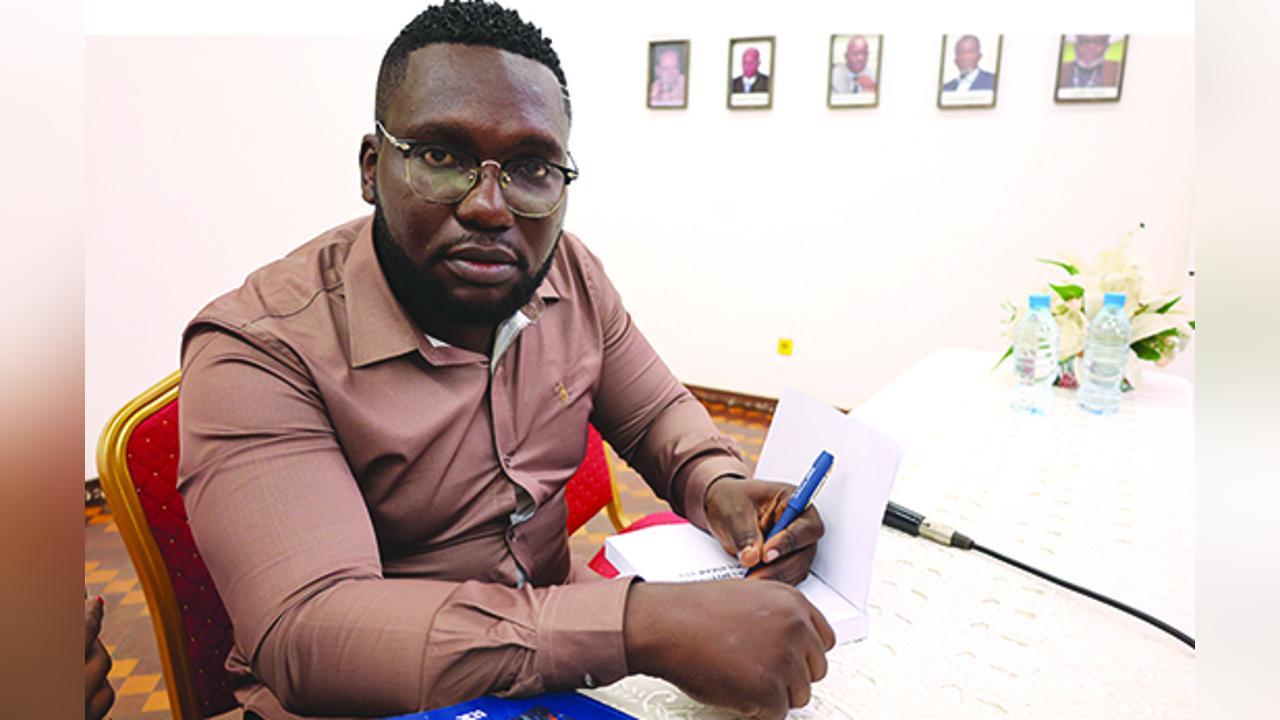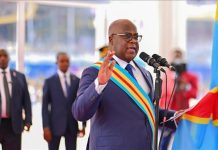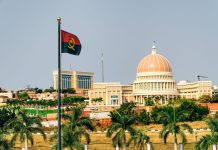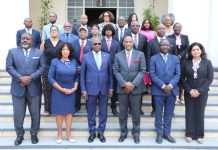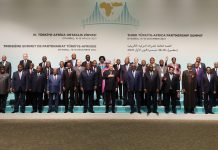Africa-Press – Angola. The Circle of Literary and Linguistic Studies (Litteragris) and the Association of Students of the Higher Institute of Educational Sciences (ISCED), in Sumbe, promote, on Saturday, in the province of Cuanza-Sul, a colloquium dedicated to reflecting on literary production in the country.The event will take place in the auditorium of ISCED in Sumbe, in Cuanza-Sul, starting at 10:00 a.m. The colloquium proposes a broad debate on the challenges and dynamics of Angolan literature.
During the meeting, several topics related to literary production in the country will be addressed, such as the decentralization of literary studies and literary production in Angola: Center and periphery and literature in Cuanza-Sul.
The program will include a discussion panel, where speakers Januário Kutema, Bereznicki Rafaell, Edmira Cariango, Hélder Simbad, Haires Fernando, Isabel Sango, Mateus Pinto and Njila Chimuko will address different perspectives on the topic under analysis.
In statements, the general coordinator of the Litteragris Movement, Hélder Simbad, explained that the meeting will serve to analyze in depth the state of literary production in the country.The meeting, he said, aims to bring together people linked to literature, students, teachers, writers, researchers, and will also be open to the general public, so that they can share and analyze the national literary scene.
“We want to bring Litteragris closer to the academic community, promoting debates in universities about literary criticism”, recalling that this is the second meeting with students, the first taking place at the Faculty of Humanities, at Agostinho Neto University.
“We intend to extend these meetings to other provinces in our country, in order to enlighten students and the general public about the importance of criticism and literary production”.
The Litteragris Movement is an artistic-literary organization with an academic focus, founded on October 17, 2015, in the main hall of the Angolan Writers’ Union (UEA). The Litteragris Movement was born from the need to expand the spaces for transmitting literary knowledge.
For More News And Analysis About Angola Follow Africa-Press

